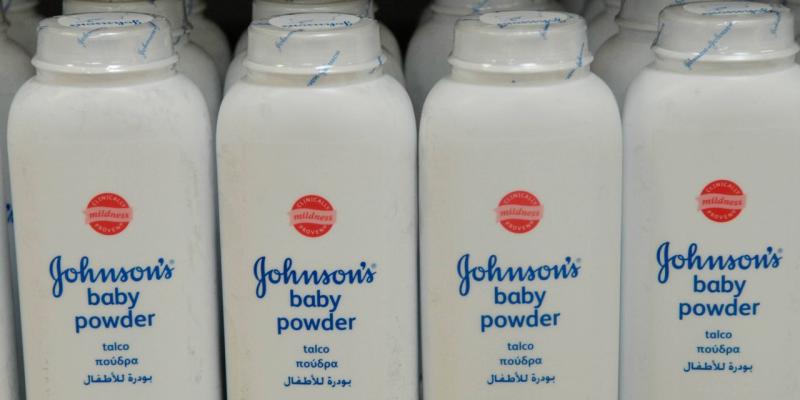
Outsourcing liability through bankruptcy move may be blocked
The U.S. 3rd Circuit Court of Appeals in Philadelphia has dismissed a bankruptcy filing by a J&J subsidiary, LTL Management., one of the so called Texas Two Step companies
Summary: The U.S. 3rd Circuit Court of Appeals in Philadelphia has dismissed a bankruptcy filing by a J&J subsidiary, LTL Management. The subsidiary had been created to house the companies baby powder and talc business, with some commentators suggesting its sole purpose was to shield the rest of the company from more than 38,000 lawsuits from plaintiffs alleging the company’s baby powder and other talc products caused cancer. The strategy is widely known as the Texas Two Step.
Why this is important: If you are an ESG or sustainability investor who owns shares in companies involved, how do you explain this to your clients?
The big theme: Human rights has a broad scope. We traditionally think about it in the context of supply chains, or mine tailing dam collapses, or the murder of human rights defenders in LatAm (all stories we have covered). But at its most basic, it’s about access to the protection of the law, being able to have your case heard and decided fairly.

The details
Summary of a story from Reuters
A U.S. appeals court on Monday shot down Johnson & Johnson's attempt to offload tens of thousands of lawsuits over its talc products into bankruptcy court. The ruling marked the first major repudiation of an emerging legal strategy with the potential to upend U.S. corporate liability law. J&J is one of a number of major companies that have filed so-called Texas two-step bankruptcies to avoid potentially massive lawsuit exposure. The tactic involves creating a subsidiary to absorb the liabilities and to immediately file for Chapter 11.
A three-judge panel on the appeals court rejected J&J’s argument, finding the company’s subsidiary, LTL Management, was created solely to file for Chapter 11 protection but had no legitimate need for it. Only a debtor in financial distress can seek bankruptcy, the panel ruled. The judges pointed out that J&J assured that it would give LTL plenty of money to pay talc claimants. "Good intentions - such as to protect the J&J brand or comprehensively resolve litigation - do not suffice alone," the judges said in a 56-page opinion. "LTL, at the time of its filing, was highly solvent with access to cash to meet comfortably its liabilities."
Let's look at why this is important...
Why this is important
Before we start - the normal legal disclaimer. We are not lawyers, so nothing in this blog should be considered legal advice or commentary. As we did when we flagged this story when it first appeared, we are going to stick to a simple question. If you are an ESG or Sustainability investor, who owns shares in J&J or one of the other companies involved (3M, Saint Gobain, Trane Technologies and Koch owned Georgia Pacific), how do you explain this to your clients. Answers on the back of a postcard please.
So what is the background. These cases have been rumbling along for a while now. In simple layman terms, the plaintiffs claim that J&J's talc powder caused cancer, possibly due to the (claimed) presence of asbestos. Prior to the Chapter 11 filing, a number of judgements had gone against the company, but around 1,500 claims were dismissed. A 2018 Reuters investigation claimed that J&J officials knew for years about tests showing that the company’s talc sometimes contained traces of carcinogenic asbestos but kept that information from regulators and the public.
The companies involved in the Texas Two Step have previously defended the move as the best way to fairly pay claims. Plaintiffs’ attorneys have countered that the move is an improper manipulation of the bankruptcy system, as it suspends litigation in trial courts, forcing plaintiffs into often time-consuming settlement negotiations.
Apparently, this 3rd Circuit ruling does not apply to the other cases as three of them come under the jurisdiction of the 4th Circuit appeals court, while 3M has its case pending in the 7th Circuit. Parking the legality of the Texas Two Step, we think it raises a whole range of questions for ESG and Sustainability investors around what comprises acceptable behaviour in terms of attempting to minimise the financial impact of historic actions by the company. One other way to think about this is as an example of outsourcing liability. So similar to the way that some companies push scope 3 emissions out into supply chains, so they don't have to report them.
Something a little more bespoke?
Get in touch if there is a particular topic you would like us to write on. Just for you.
Contact us
Please read: important legal stuff.

